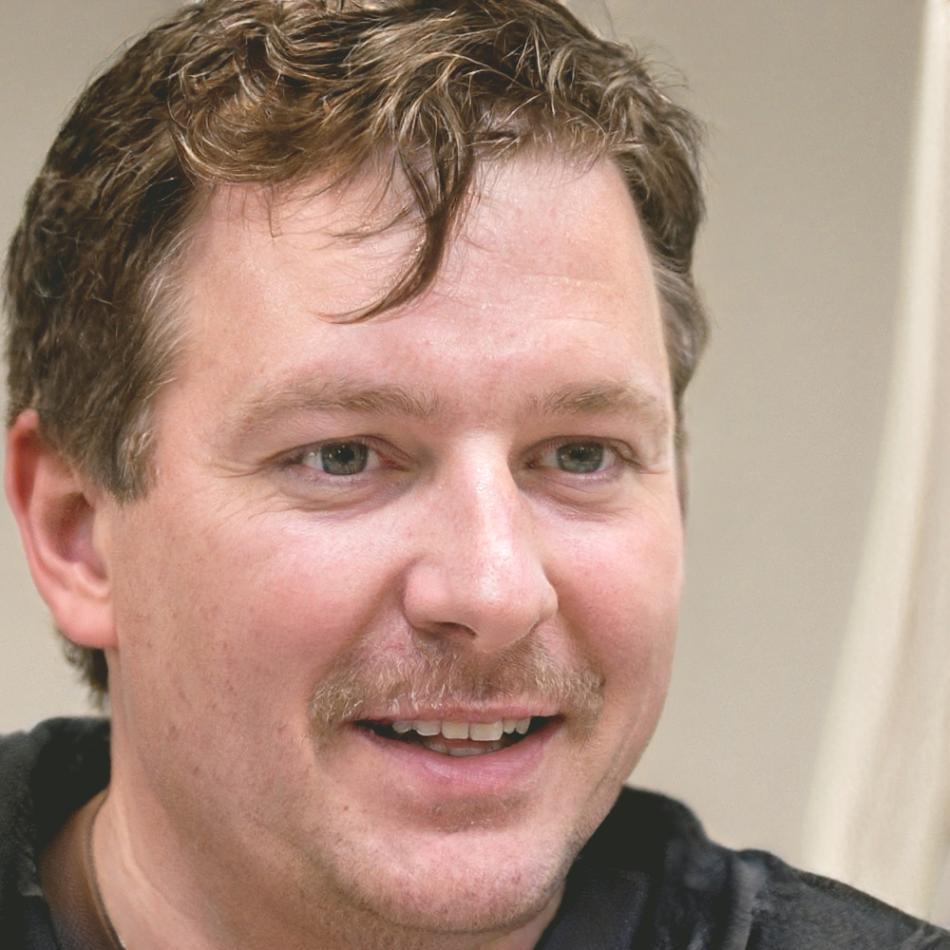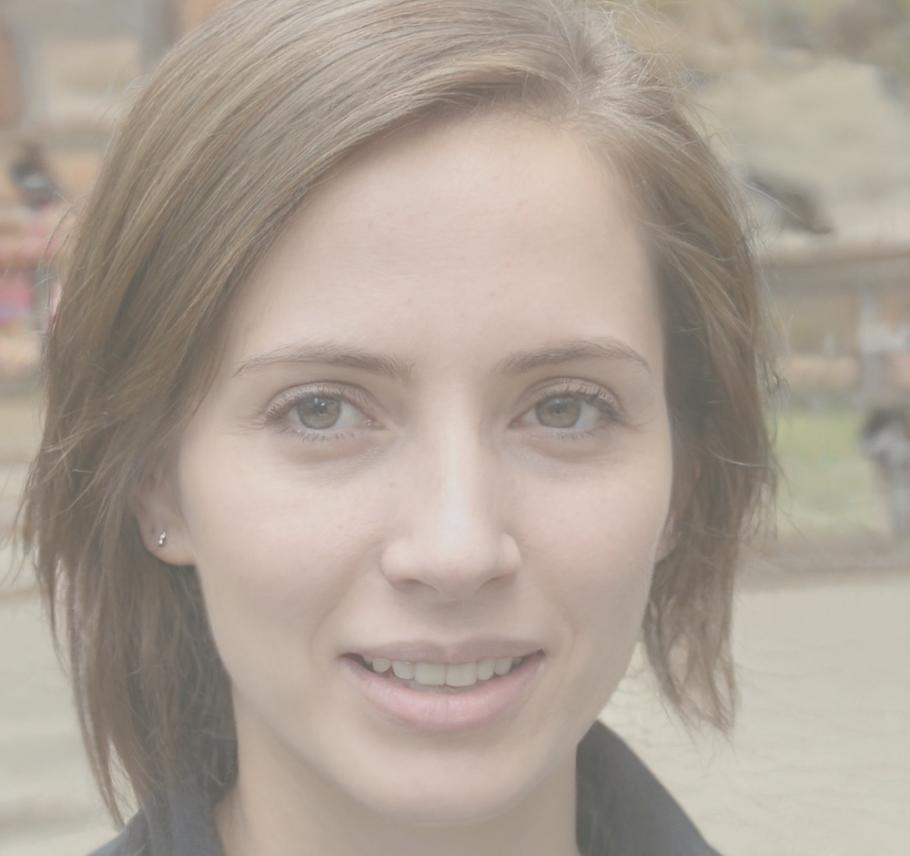Luciano completed the program in November 2023 while working full-time at a mid-sized manufacturing operation in Córdoba. His motivation was pretty straightforward—he needed better tools for handling supplier cost variations.
Six months after finishing, he'd implemented a new vendor evaluation system that his company still uses. By early 2025, he mentioned they'd reduced material cost variance by about 18% year-over-year.
"The program didn't give me magic answers. It taught me how to ask better questions about our spending patterns. That skill matters more than any specific technique."


